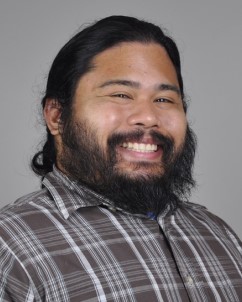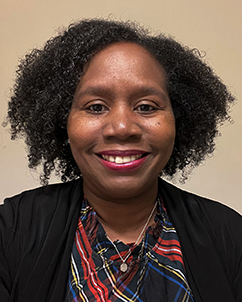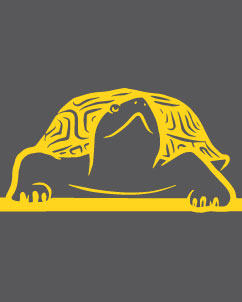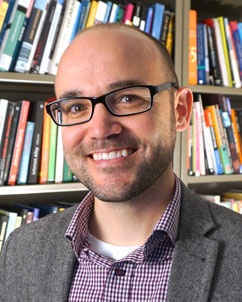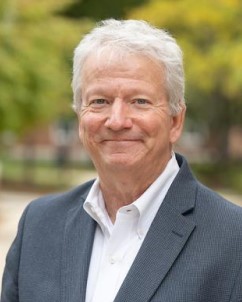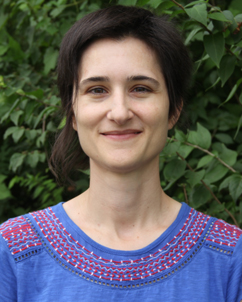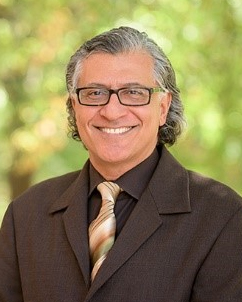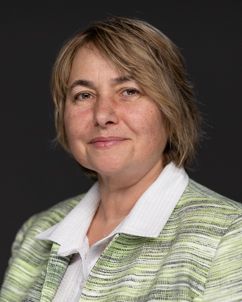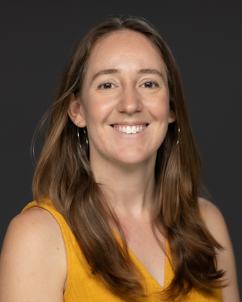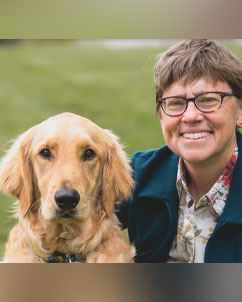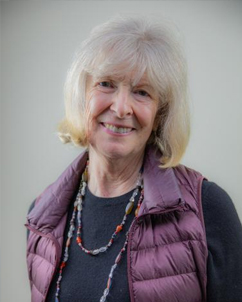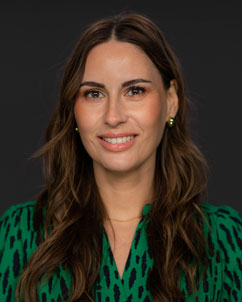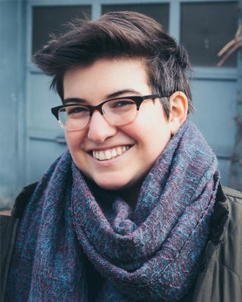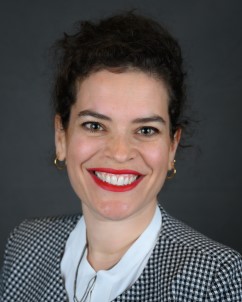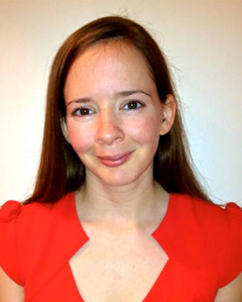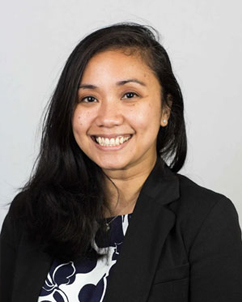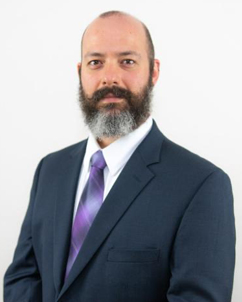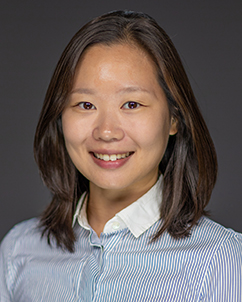Smart Cities and Connected Communities
Integrating people, data, devices, infrastructure, and institutions to realize the potential of communities.
Research Projects
REU Supplement: SCC-IRG Track 1: Inclusive Public Transit Toolkit to Assess Quality of Service Across Socioeconomic Status in Baltimore City
Principal Investigator(s): Vanessa Frias-Martinez Jessica Vitak Christopher Antoun
Funder: National Science Foundation
Research Areas: Accessibility and Inclusive Design > Future of Work > Human-Computer Interaction > Smart Cities and Connected Communities
Principal Investigator(s): Vanessa Frias-Martinez Jessica Vitak Christopher Antoun
Funder: National Science Foundation
Research Areas: Accessibility and Inclusive Design > Future of Work > Human-Computer Interaction > Smart Cities and Connected Communities
Detecting and Mapping War-induced Damage to Agricultural Fields in Ukraine using Multi-Modal Remote Sensing Data
Principal Investigator(s): Sergii Skakun
Funder: NASA Other Federal
Research Areas: Data Science, Analytics, and Visualization > Human-Computer Interaction > Machine Learning, AI, Computational Linguistics, and Information Retrieval > Smart Cities and Connected Communities > Social Networks, Online Communities, and Social Media
This project advances remote sensing methods to map war-induced damage to Ukraine’s agricultural fields using infrared and visible spectrum satellite data. By developing deep-learning and data fusion techniques, the research will detect artillery craters, burned areas, and abandoned fields to assess the war’s impact on agriculture at scale.
Principal Investigator(s): Sergii Skakun
Funder: NASA Other Federal
Research Areas: Data Science, Analytics, and Visualization > Human-Computer Interaction > Machine Learning, AI, Computational Linguistics, and Information Retrieval > Smart Cities and Connected Communities > Social Networks, Online Communities, and Social Media
This project advances remote sensing methods to map war-induced damage to Ukraine’s agricultural fields using infrared and visible spectrum satellite data. By developing deep-learning and data fusion techniques, the research will detect artillery craters, burned areas, and abandoned fields to assess the war’s impact on agriculture at scale.
NSF Convergence Accelerator Track J: NourishNet – A Food Recovery Toolbox
Principal Investigator(s): Vanessa Frias-Martinez
Funder: National Science Foundation
Research Areas: Data Science, Analytics, and Visualization > Future of Work > Human-Computer Interaction > Information Justice, Human Rights, and Technology Ethics > Smart Cities and Connected Communities
NourishNet is developing tools to fight food insecurity and waste, including FoodLoops, a platform for surplus food distribution, and Quantum Nose, a sensor that detects early food spoilage. By combining real-time data, consumer education, and stakeholder collaboration, the project strengthens food system resiliency and promotes equitable access to healthy food.
Principal Investigator(s): Vanessa Frias-Martinez
Funder: National Science Foundation
Research Areas: Data Science, Analytics, and Visualization > Future of Work > Human-Computer Interaction > Information Justice, Human Rights, and Technology Ethics > Smart Cities and Connected Communities
NourishNet is developing tools to fight food insecurity and waste, including FoodLoops, a platform for surplus food distribution, and Quantum Nose, a sensor that detects early food spoilage. By combining real-time data, consumer education, and stakeholder collaboration, the project strengthens food system resiliency and promotes equitable access to healthy food.
Faculty
Staff
Recent News
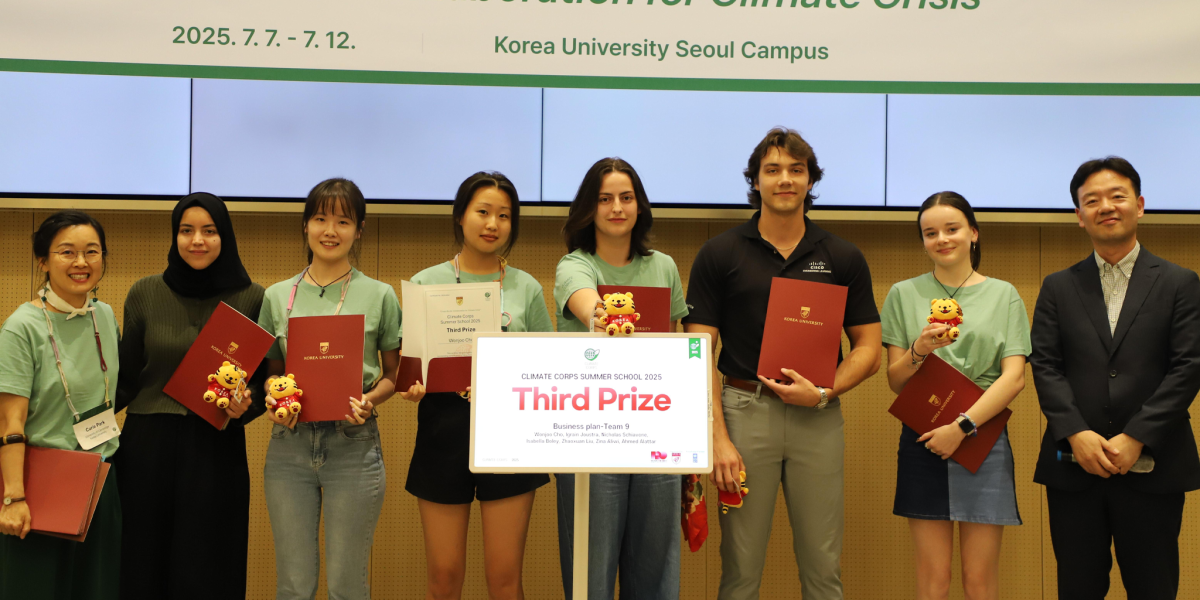
Photo courtesy of Maryland Global
Maryland Global: Code, Collaboration and Climate Solutions
Information Science alum Nicholas Schiavone applied tech and data skills to support climate refugees in global competition
Photo licensed by Adobe Stock via Katerina
WTOP News: Maryland Students Work to Preserve a Unique Bit of Animal History About Greenbelt (ft. Eric Hung)
Guided by Professor Eric Hung, UMD INFO students digitize and share Greenbelt’s surprising pet history with the community
Photo licensed by Adobe Stock via Chalabala
